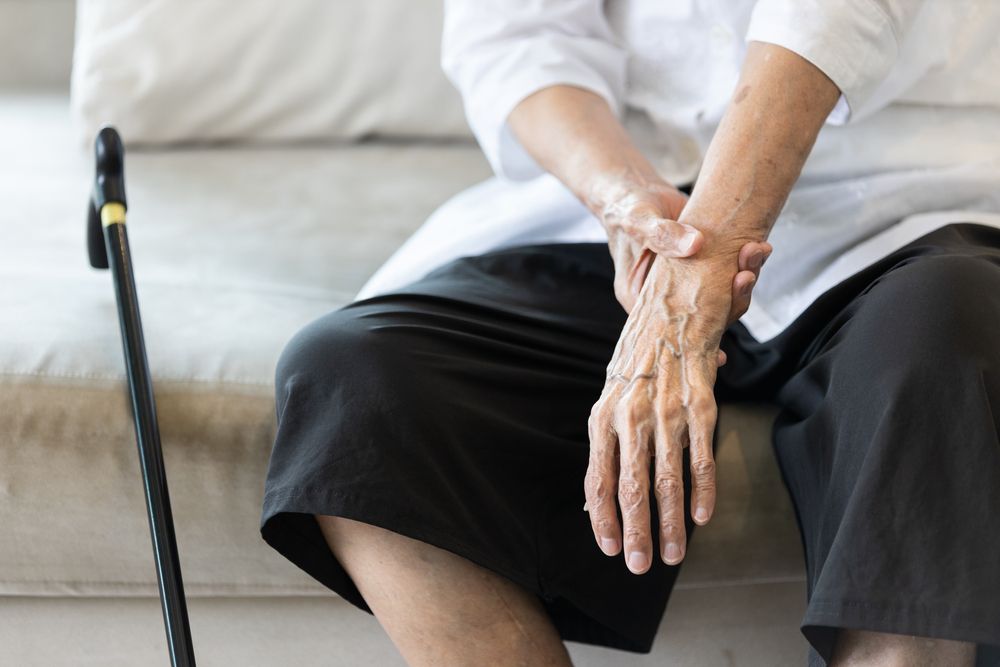
Essential Tremor: Diagnosis and Treatment Options
Essential tremor (ET) is one of the most common movement disorders, yet it often remains misunderstood. Affecting millions worldwide, ET can significantly impact daily activities and quality of life. This blog aims to shed light on essential tremor by exploring its diagnosis and treatment options. By understanding the nature of

Stroke Rehabilitation: Techniques and Therapies for Recovery
A stroke can be a life-altering event, leaving survivors with physical, cognitive, and emotional challenges. However, with the right rehabilitation approach, many can regain independence and improve their quality of life. Stroke rehabilitation is a critical process that involves a multidisciplinary team of healthcare professionals working together to help survivors

Exploring the Anti-inflammatory Properties of Cannabis
In recent years, medical cannabis has gained significant attention for its potential therapeutic benefits, particularly its anti-inflammatory properties. As research continues to unveil the complexities of how cannabinoids interact with our body’s systems, a growing number of medical professionals and patients are exploring its use in managing various health conditions.

How Medical Marijuana Can Improve Sleep Quality
Sleep is a fundamental aspect of our overall health and well-being, yet millions of people worldwide struggle with sleep disorders that disrupt their nightly rest. In recent years, medical marijuana has emerged as a potential remedy, garnering attention for its ability to enhance sleep quality. As research and public acceptance of medicinal cannabis continue to grow, many are curious about how it can help address issues like insomnia, sleep apnea, and other sleep disturbances. This blog aims to delve into the science behind medical marijuana and its impact on sleep, exploring its benefits, types, and usage while shedding light on personal stories and clinical studies that highlight its potential to improve the way we sleep.

The Pros and Cons of Synthetic Cannabinoids in Neurological Care
In recent years, the use of synthetic cannabinoids has garnered significant attention in the field of neurological care. These lab-created compounds, designed to mimic the effects of naturally occurring cannabinoids found in cannabis, have shown promise in managing a variety of neurological conditions. From providing relief for chronic pain to aiding in the treatment of neurodegenerative diseases, synthetic cannabinoids offer a range of potential benefits. However, like any medical treatment, they come with their own set of risks and challenges. In this blog, we will delve into the pros and cons of synthetic cannabinoids, exploring their applications, benefits, and drawbacks, and providing a balanced perspective on their role in modern neurological care.
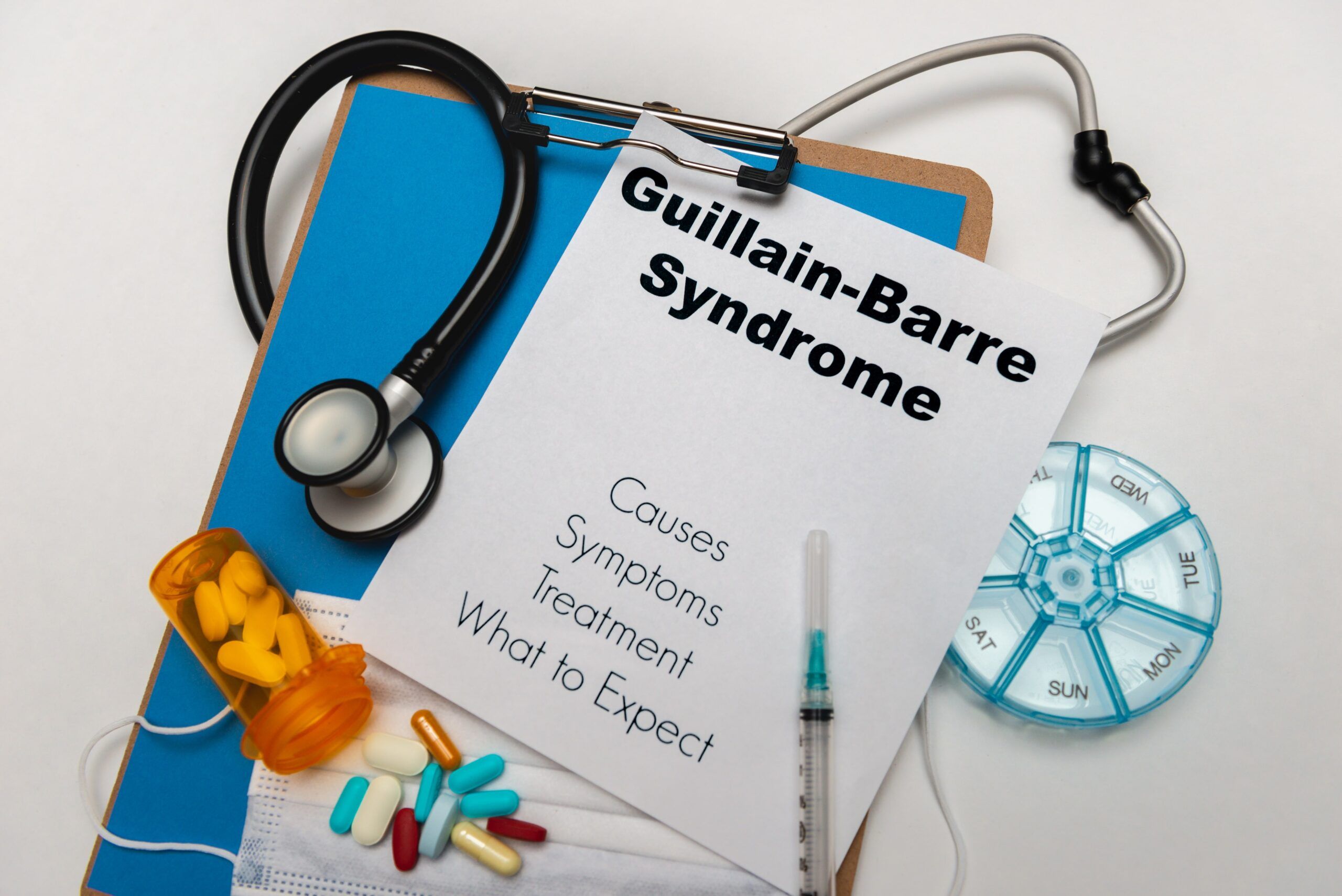
Guillain-Barré Syndrome: Causes, Symptoms, and Treatment
Guillain-Barré Syndrome (GBS) is a rare, potentially life-threatening condition that attacks the peripheral nervous system, often leading to rapid-onset muscle weakness and paralysis. While it remains relatively uncommon, understanding GBS is crucial due to its dramatic impact and the urgent need for medical intervention when symptoms arise. This blog post delves into the causes, symptoms, and treatment options for GBS, providing vital information for those diagnosed with the syndrome, healthcare professionals, and the general public. By exploring how this autoimmune response can be triggered by something as common as a minor infection, and discussing the available treatments and recovery prospects, this post aims to demystify GBS and offer hope and support to those affected.

Bell’s Palsy: Symptoms, Causes, and Recovery
Bell’s Palsy, a condition named after the Scottish anatomist Sir Charles Bell, is a neurologic disorder that affects the facial nerve, resulting in sudden paralysis or weakness on one side of the face. This condition, although temporary in most cases, can be a source of great concern and discomfort for those affected. Understanding the symptoms, causes, and recovery process of Bell’s Palsy is crucial for both patients and healthcare providers to ensure timely diagnosis, appropriate treatment, and a positive outcome. In this blog, we will delve into the intricacies of Bell’s Palsy, exploring its symptoms, potential causes, diagnostic methods, treatment options, and the journey of recovery for individuals facing this challenge.

The Neurology of Pain: How Our Brains Interpret Pain
Pain, a universally experienced phenomenon, serves as a crucial biological signal alerting us to potential harm and requiring attention. Yet, the way our brains interpret this signal—transforming raw sensory input into the subjective experience of pain—is a complex process, influenced by both physiological and psychological factors. In this blog post, we’ll explore the intricate neurology of pain, from the initial detection by nociceptors to the intricate processing within the brain. Additionally, as attitudes toward pain management evolve, we’ll delve into the role of medical cannabis, a treatment option that has gained traction and legitimacy in the medical community for its efficacy in managing various types of pain. This exploration aims to shed light on the multifaceted nature of pain and the modern approaches to its management, offering insights into how these methods can enhance quality of life for those afflicted.

Peripheral Neuropathy: Causes and Management Strategies
Peripheral neuropathy, a common neurological disorder, affects millions of people worldwide. It occurs when nerves outside the brain and spinal cord—known as peripheral nerves—are damaged, leading to a variety of symptoms that can significantly impact daily life. This condition manifests in numerous forms, including sensory, motor, and autonomic neuropathy, each affecting different nerve functions. The causes of peripheral neuropathy are diverse, ranging from diabetes and autoimmune diseases to genetic factors and environmental exposures. Understanding the nature of this disorder, its diagnostic processes, and the effective management strategies available is essential for those affected. This blog aims to delve into the intricacies of peripheral neuropathy, offering insight into its causes and discussing comprehensive management strategies to alleviate symptoms and improve quality of life.

Understanding and Managing Vertigo
Vertigo, often described as a sensation of spinning or dizziness, is a symptom that affects millions worldwide, significantly impacting their quality of life. It’s not just a feeling of being lightheaded or dizzy; vertigo can cause a perception of movement where there is none, leading to balance issues and, in some cases, nausea and vomiting. Understanding and managing vertigo is crucial, as it can stem from various underlying conditions, including inner ear disorders, neurological problems, and even migraines. This blog aims to demystify vertigo, exploring its types, causes, symptoms, and the array of management strategies available to those who experience it. By delving into the complexities of vertigo, we seek to provide valuable insights and practical advice to improve the lives of those navigating this challenging condition.
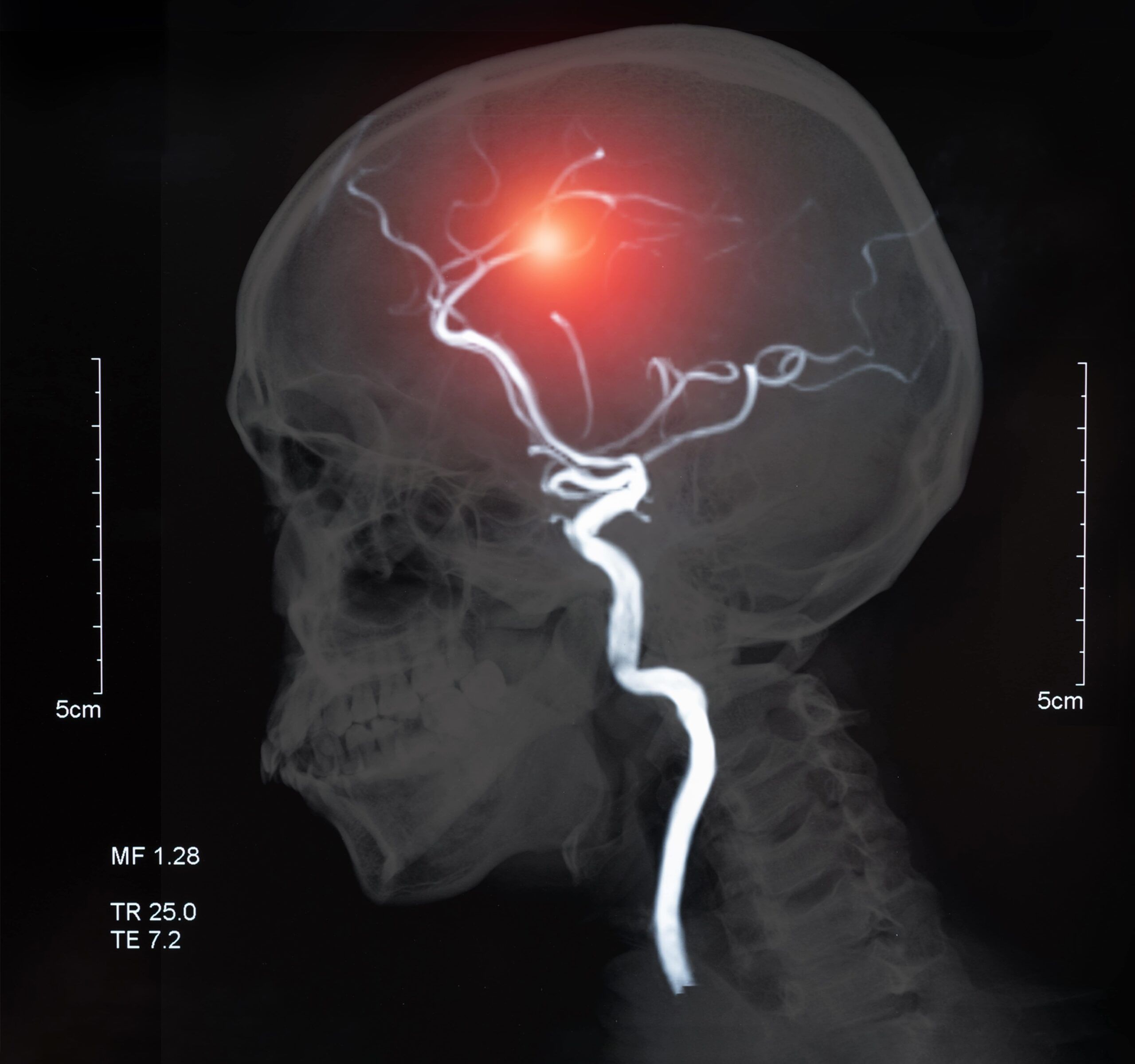
Brain Aneurysms: Prevention, Detection, and Management
Brain aneurysms, often undetected until they become life-threatening, pose a significant risk to neurological health. Understanding what brain aneurysms are, recognizing their signs, and knowing how to manage them is crucial. This blog aims to demystify brain aneurysms by exploring their prevention, detection, and management. We will delve into the causes and risk factors, discuss how lifestyle choices can influence prevention, outline the symptoms that warrant medical attention, and examine the treatment options available for managing this condition. By equipping readers with this knowledge, we aspire to foster proactive health behaviors and empower individuals to take charge of their neurological well-being.
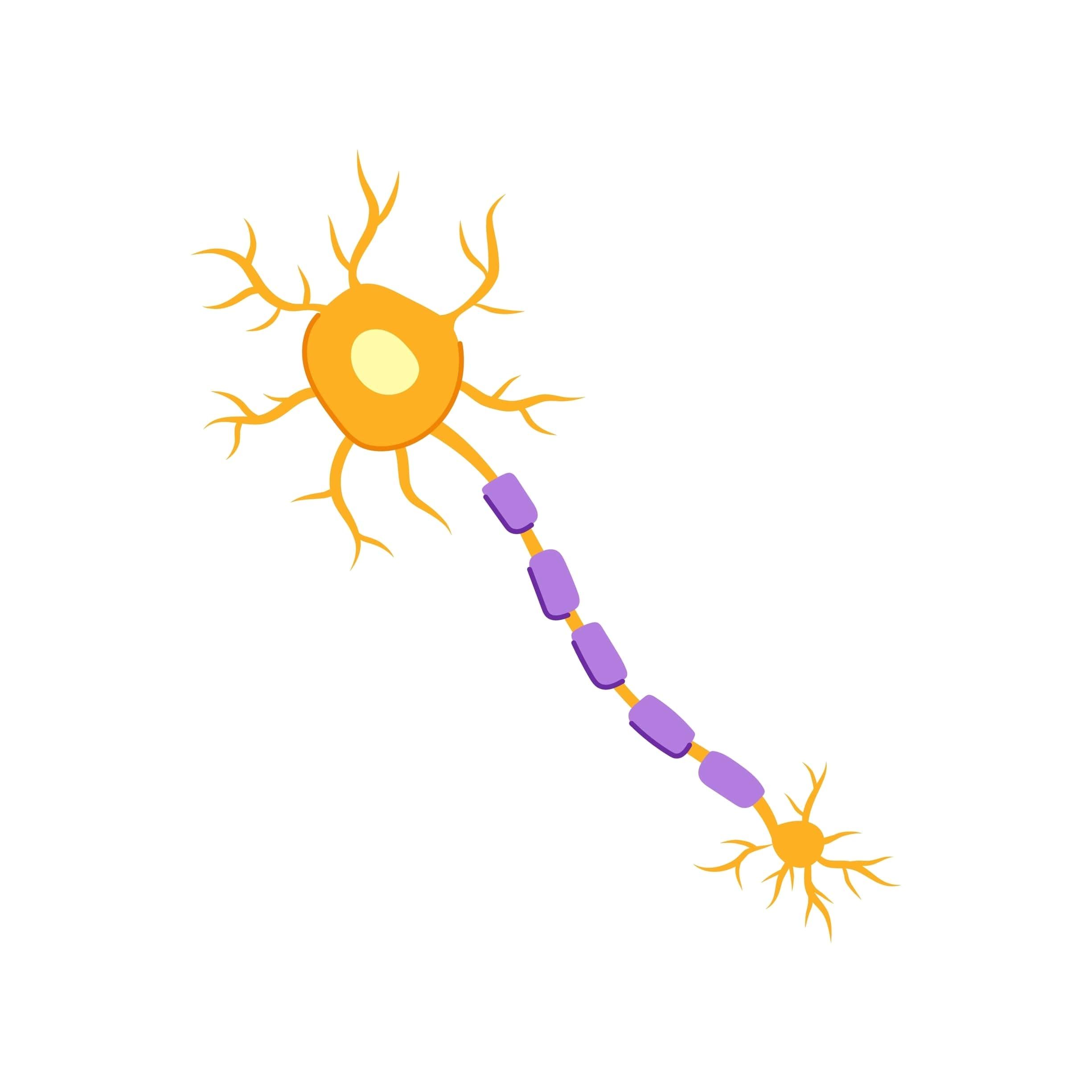
Medical Marijuana and Its Effect on Neurotransmitters
Medical marijuana, a term that refers to the use of cannabis and its constituent chemicals for therapeutic purposes, has gained significant attention for its potential to alleviate various medical conditions. Central to its effects is the interaction with the body’s neurotransmitter systems, the complex network of chemicals and receptors that govern everything from mood to pain perception. In this blog, we will delve into the components of medical marijuana, particularly focusing on compounds like THC and CBD, and explore their profound impact on neurotransmitters such as dopamine, serotonin, GABA, and glutamate. By understanding how these substances influence the intricate dance of brain chemicals, we can shed light on the therapeutic benefits, potential risks, and the nuanced balance necessary for medical marijuana’s effective use in treatment. Through a detailed examination, we aim to provide a comprehensive overview of medical marijuana’s role in neurotransmitter modulation and its implications for health and disease.
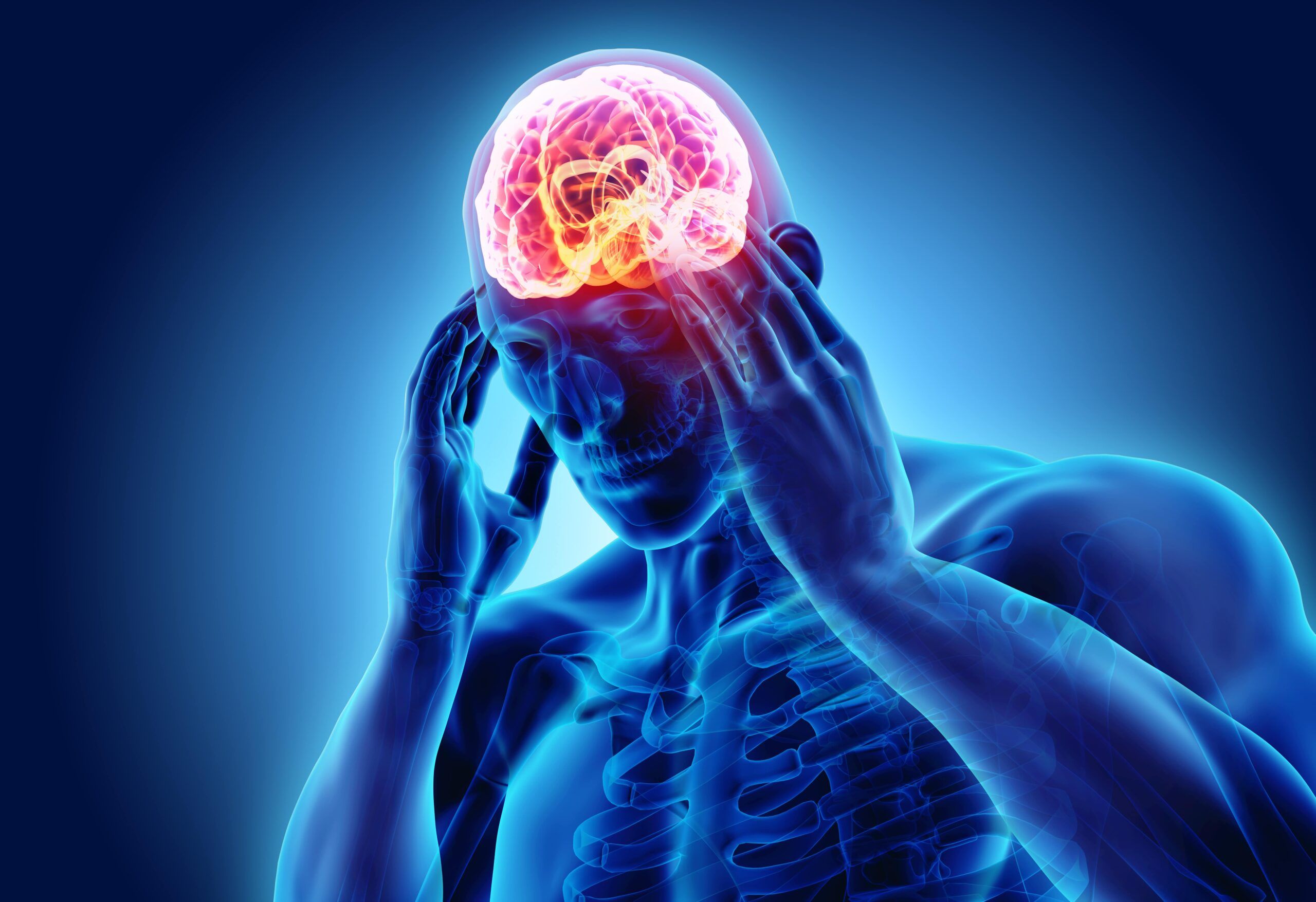
Headache Disorders Beyond Migraines: Types and Treatments
Headache disorders, often underestimated in their complexity, extend far beyond the realm of migraines, affecting millions worldwide and significantly impacting quality of life. While migraines are widely recognized, many are unaware of the myriad other headache types, each with unique characteristics, triggers, and treatments. This blog aims to shed light on these lesser-known headache disorders, debunking common misconceptions and emphasizing the importance of accurate diagnosis and tailored treatment plans. By exploring tension-type headaches, cluster headaches, and various secondary headaches, we aim to provide a comprehensive guide that not only educates but also empowers individuals to navigate their symptoms and seek appropriate care.

The Use of Medical Cannabis in Reducing Opioid Dependence
According to the Centers for Disease Control and Prevention (CDC), the number of people who have died from a drug overdose in 2021 has increased six times since 1999, with a 16% increase from 2020-2021 alone. Out of these deaths in 2021, 75% of drug overdose deaths involved an opioid. The opioid crisis has cast a shadow over public health, as these alarming statistics highlight its devastating impact on individuals and communities worldwide. As the search for effective treatment solutions intensifies, medical cannabis emerges as a potential ally in this battle. Despite its controversial legal status in various regions, there is growing interest in exploring how cannabis can be utilized to alleviate opioid dependence. This blog aims to delve into the role of medical cannabis in reducing opioid addiction, examining its efficacy, patient experiences, and the challenges it faces in the medical and legal landscapes. Through a comprehensive analysis, we will uncover whether medical cannabis can offer a viable alternative in the fight against the opioid epidemic.
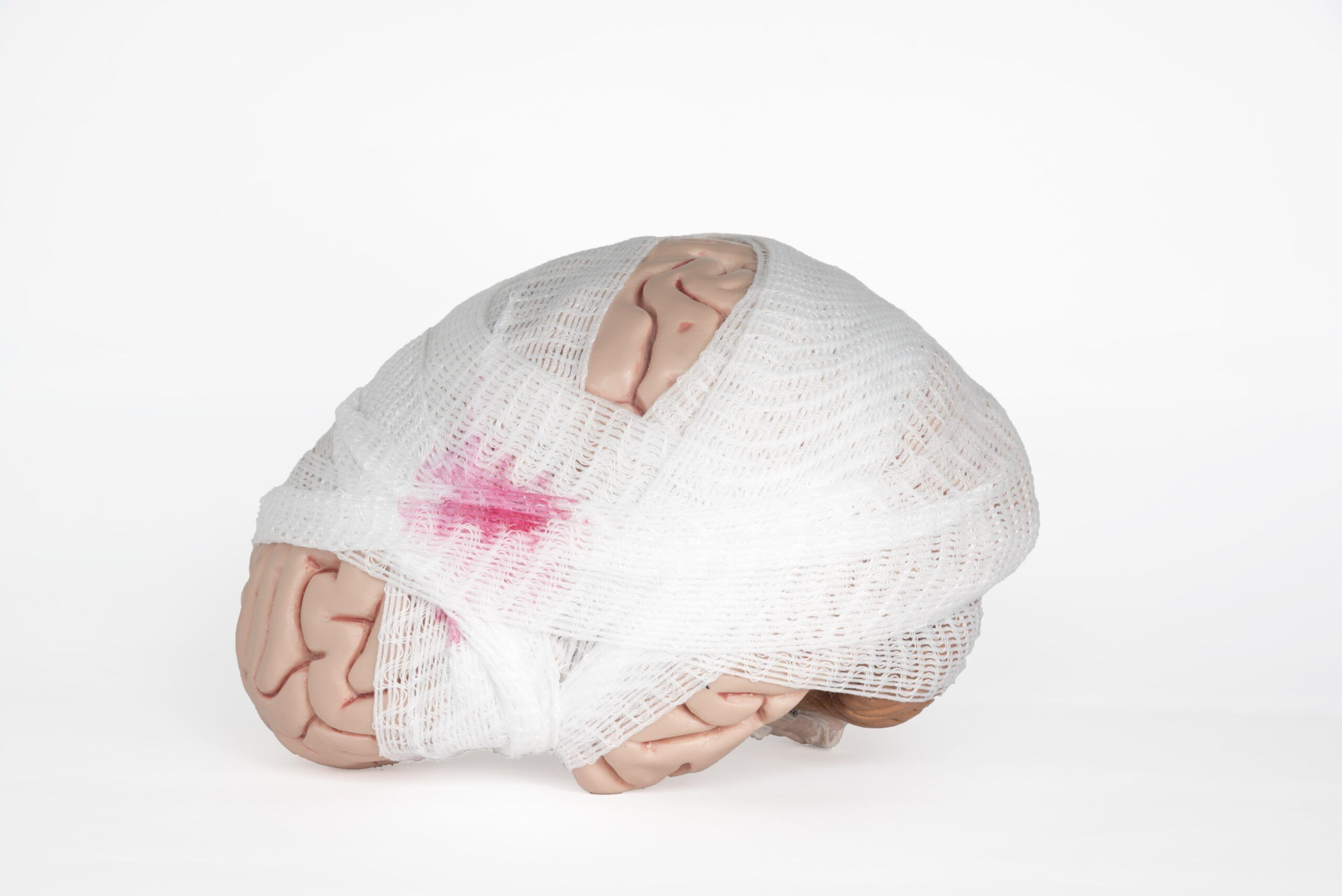
Concussions in Sports: Prevention and Management
Concussions are a critical concern in the world of sports, posing significant risks to the health and performance of athletes. Defined as a type of traumatic brain injury caused by a bump, blow, or jolt to the head, concussions can lead to various short and long-term health issues. The management and prevention of these injuries are paramount in the sports community, given the high incidence rates across both contact and non-contact disciplines. This blog aims to shed light on the nature of concussions, their prevalence in the athletic world, and the best practices for their prevention and management. By understanding the intricacies of concussions, the sports community can better safeguard athletes, ensuring their well-being and sustaining their careers in the long term.
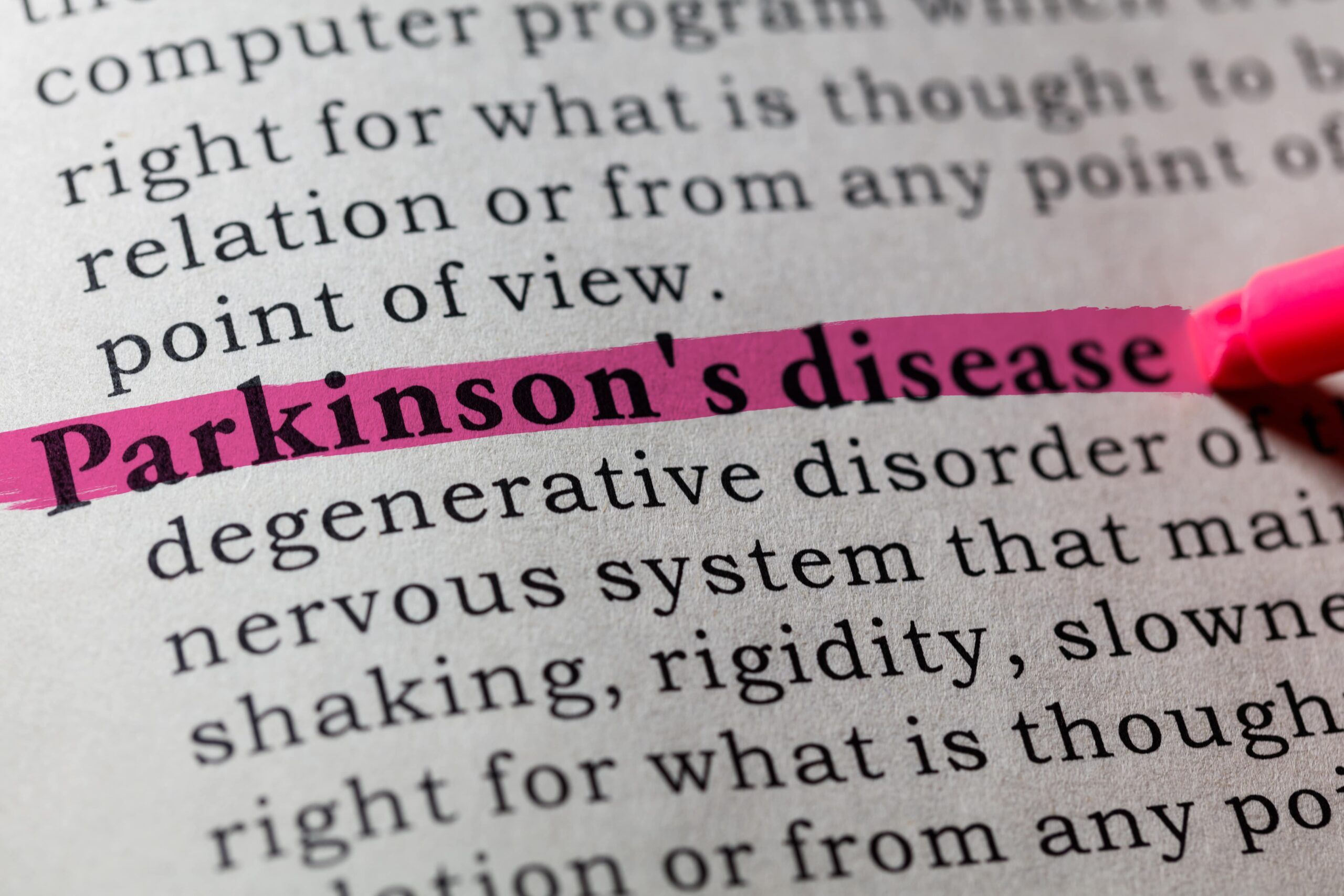
Recognizing Early Symptoms of Parkinson’s Disease
Parkinson’s disease (PD) is a progressive neurological disorder that affects movement, causing symptoms like tremors, stiffness, and balance problems. As one of the most common neurodegenerative diseases, it primarily affects older adults, but it can occur in younger individuals as well. Recognizing the early signs of Parkinson’s is crucial for managing its progression and improving the quality of life for those affected. This blog post aims to shed light on these early indicators, providing valuable information for patients, caregivers, and anyone interested in understanding this condition better. By exploring the early symptoms, risk factors, and the diagnostic process, we aim to highlight the importance of early detection and intervention in the management of Parkinson’s disease.
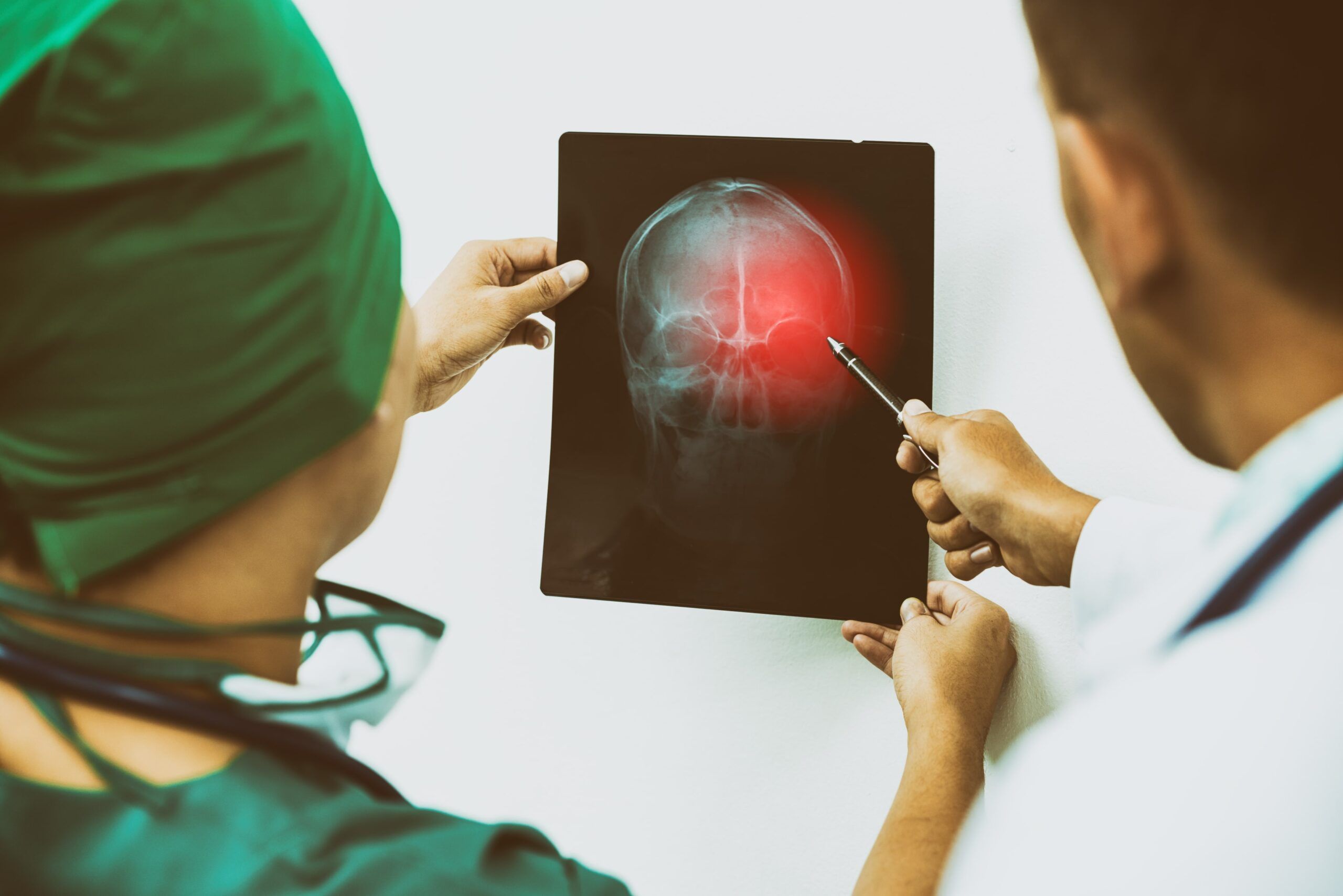
Recovering from a TBI: Can Medical Cannabis Help?
Traumatic Brain Injury (TBI) represents a significant medical challenge, affecting millions of individuals worldwide with a wide spectrum of symptoms and long-term effects. As the medical community strives to improve outcomes for TBI patients, traditional treatments such as physical therapy, medication, and psychological support have been the cornerstone of recovery efforts. However, the exploration of alternative therapies has unveiled the potential of medical cannabis as a complementary treatment option. This blog delves into the intricacies of TBI recovery, highlighting conventional approaches and examining the burgeoning role of medical cannabis. Through an evidence-based lens, we will explore how the therapeutic properties of cannabis may offer neuroprotective benefits, mitigate inflammation, and alleviate pain, thus supporting patients on their journey to recovery. Join us as we navigate the complexities of TBI rehabilitation, underscored by the promise and considerations of integrating medical cannabis into treatment plans.

The Role of Cannabis in Managing Chronic Pain Associated with Neurological Conditions
In the intricate nexus of chronic pain management, especially within the realm of neurological conditions, patients and healthcare providers are continuously searching for effective and sustainable alternatives to conventional treatments. Amidst this quest, cannabis emerges as a compelling candidate, promising relief for those grappling with the relentless discomfort associated with
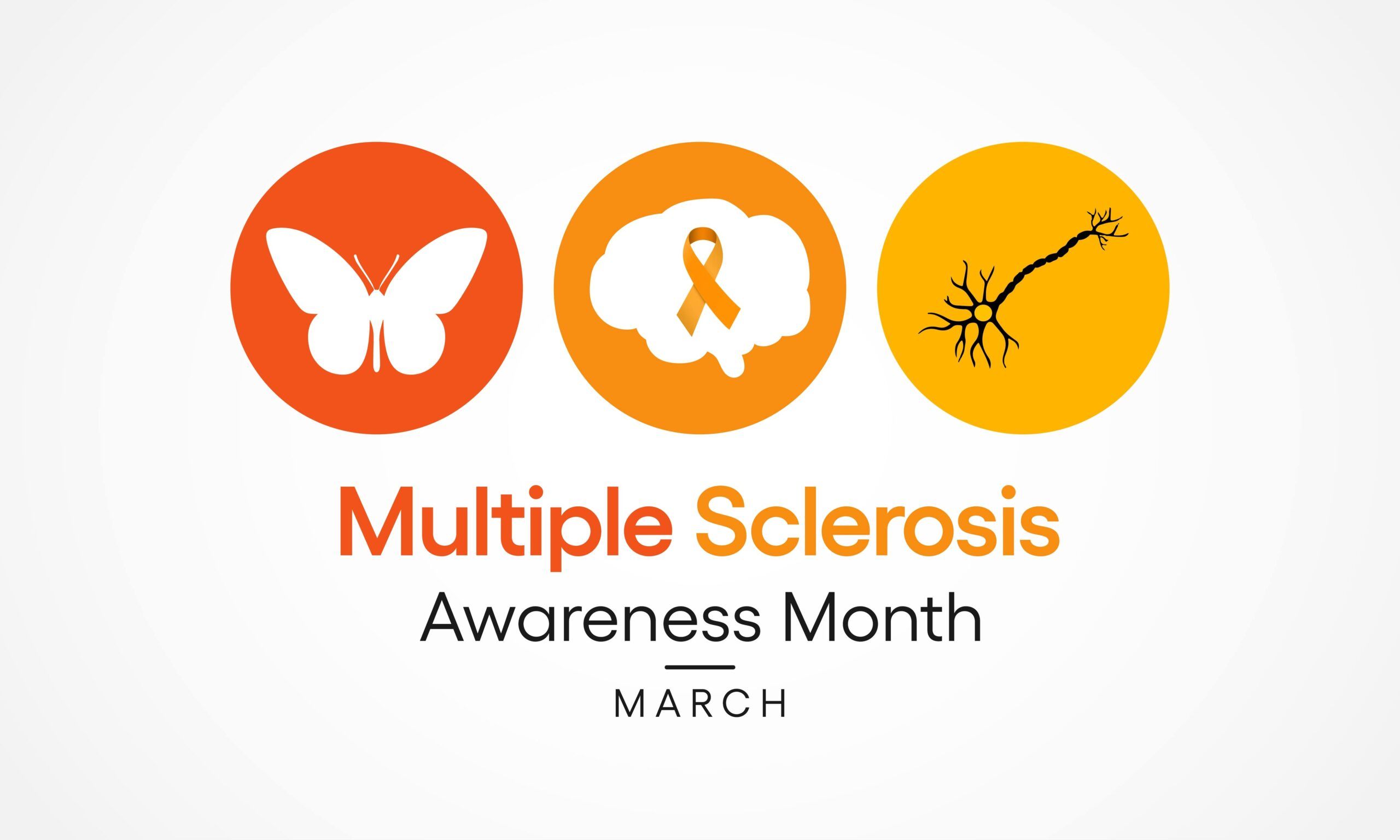
Navigating the Path: Understanding the Diagnostic Process and Treatment Options for Multiple Sclerosis
March is Multiple Sclerosis Awareness Month. Multiple Sclerosis (MS) is a complex and often unpredictable disease of the central nervous system that disrupts the flow of information within the brain, and between the brain and body. It presents a wide range of symptoms, which can vary greatly from person to person, making the journey to a definitive diagnosis and effective treatment plan a challenging one. In this blog post, we’ll explore the diagnostic process for MS, as well as the current treatment options available to those living with this condition.

A Potentially Common Migraine Trigger You Don’t Know About
Migraine headaches are a debilitating condition that affects millions of people worldwide. Characterized by intense and often throbbing pain, migraines can be triggered by various factors, including stress, certain foods, hormonal changes, and environmental stimuli. However, recent research has unearthed a surprising potential trigger for migraines: periodontal disease. This connection not only underscores the complexity of migraine triggers but also highlights the importance of oral health in overall well-being.

Exploring the Complexities of Myasthenia Gravis: Antibody-Positive and Seronegative Variants
Myasthenia Gravis (MG) is an autoimmune disorder that presents a unique challenge to neurologists due to its varied manifestations and the intricate nature of its diagnosis and treatment. Traditionally understood as a disorder affecting the communication between nerves and muscles, MG leads to muscle weakness and fatigue. However, a closer look reveals that MG can be categorized into two distinct types based on the presence or absence of specific antibodies: Antibody-Positive MG and Seronegative MG. This distinction not only sheds light on the underlying pathophysiology of the disease but also influences the approach to diagnosis and treatment.
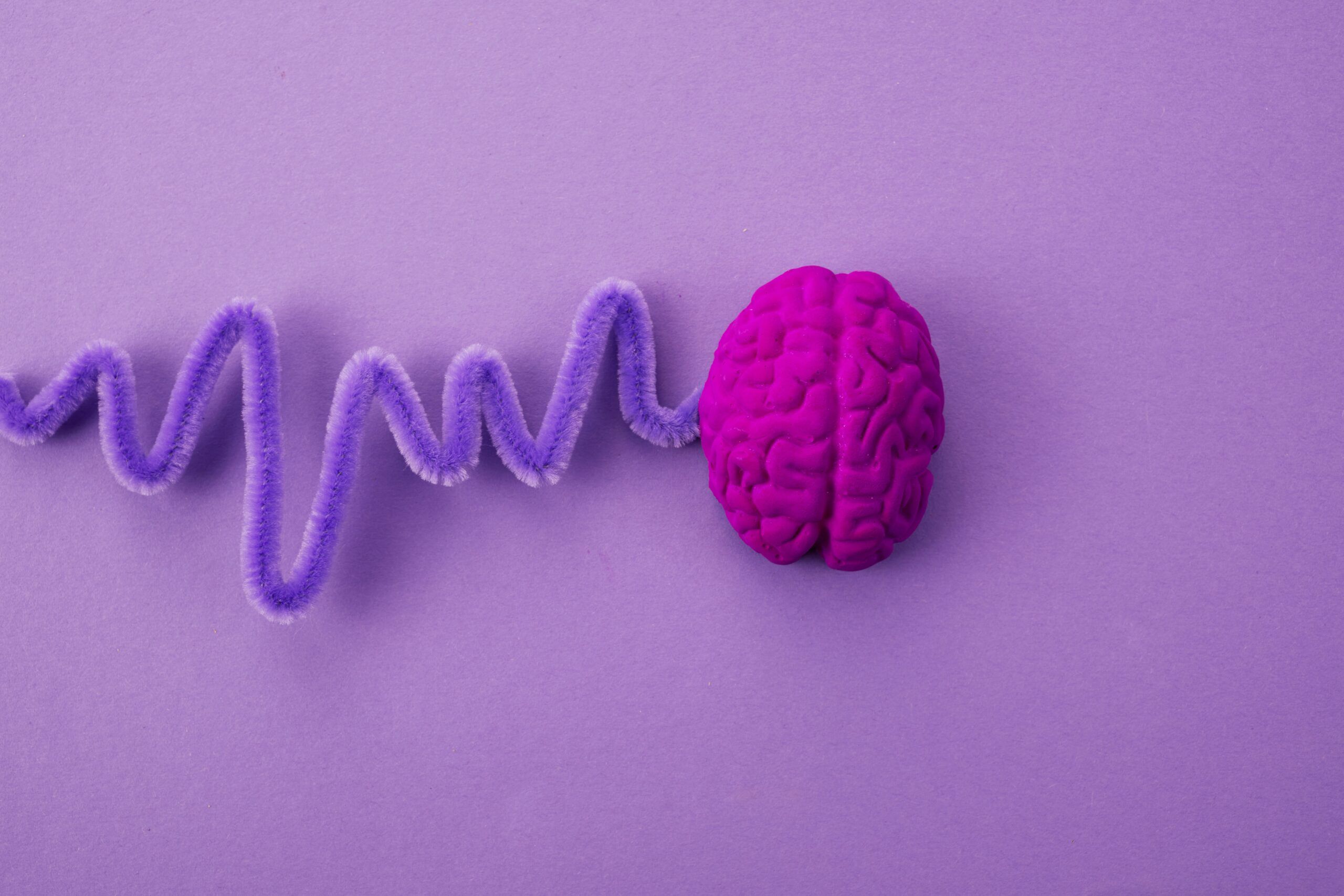
Common Epilepsy Triggers and How to Manage Them
Epilepsy is a complex neurological condition that affects millions worldwide, characterized by the tendency to have recurrent seizures. These seizures are the result of sudden, excessive electrical discharges in a group of brain cells. Different factors, known as triggers, can provoke these discharges, making the management of these triggers a critical aspect of living with epilepsy. In our comprehensive guide, we delve into the intricacies of epilepsy, identify common triggers that individuals with epilepsy may encounter, and provide actionable strategies to manage these triggers effectively. Our goal is to equip those affected by epilepsy with the knowledge and tools they need to navigate their condition more effectively, potentially reducing the frequency and intensity of seizures and improving their overall quality of life.

What is Allodynia?
Navigating the world of neurological conditions can often feel like a journey through uncharted territory, particularly when it comes to understanding and managing symptoms like allodynia, a unique and often misunderstood form of pain triggered by stimuli that ordinarily wouldn’t cause discomfort. This condition, intriguingly linked with migraines, presents a complex challenge for both sufferers and medical professionals alike. In this blog, we delve into the intricate relationship between allodynia and migraines, exploring the mechanisms that tie them together, the impact on those affected, and the innovative treatment strategies neurologists employ to provide relief. Among these treatments, we highlight the burgeoning role of medical cannabis, a topic of growing interest and debate in the medical community. Join us as we unravel the complexities of allodynia, shedding light on the condition itself, its connection to migraines, and the evolving therapeutic landscape that offers new hope to those in search of relief.
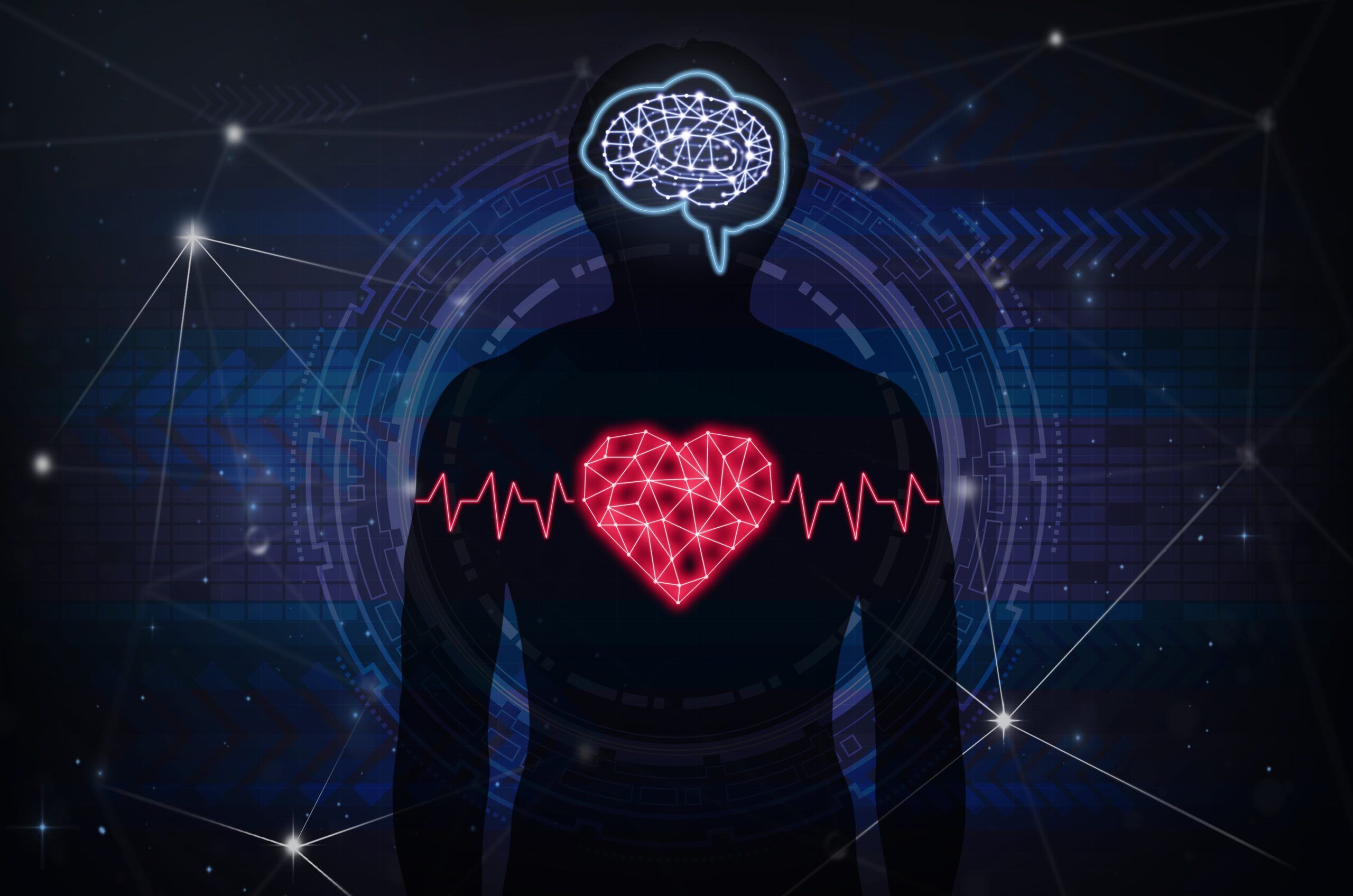
Neurological Manifestations of Systemic Diseases
The fascinating intersection of neurology and systemic health is an area where the complexity of the human body reveals itself in profound ways. Systemic diseases, those that impact multiple organs or the entire body, can have a significant and sometimes surprising influence on the nervous system. These influences manifest through a spectrum of neurological symptoms that can be both revealing and challenging to interpret. In this blog, we will delve into how diseases that primarily affect other parts of the body can lead to neurological complications, the importance of early recognition of these symptoms, and the latest advancements in treatment and management. Our journey through this topic will not only highlight the interconnected nature of our body systems but also underscore the importance of a holistic approach to healthcare and disease management.

Medical Marijuana and Addiction: Debunking Myths & Understanding Risks
In recent years, medical marijuana has been a topic of intense debate and discussion. Its growing acceptance and legalization in many parts of the world have led to increased interest and scrutiny. While some advocate for its benefits in managing various medical conditions, others are concerned about the potential for addiction and misuse. This blog aims to shed light on the myths and realities surrounding medical marijuana and addiction, providing a balanced perspective for informed decision-making.

Understanding the Different Types of Strokes
Strokes are a major health concern worldwide, known for their sudden and often devastating impact on health. They occur when the blood supply to part of the brain is interrupted or reduced, preventing brain tissue from getting oxygen and nutrients. This blog aims to shed light on the different types of strokes, their causes, symptoms, and treatment, emphasizing the importance of early detection and prevention.
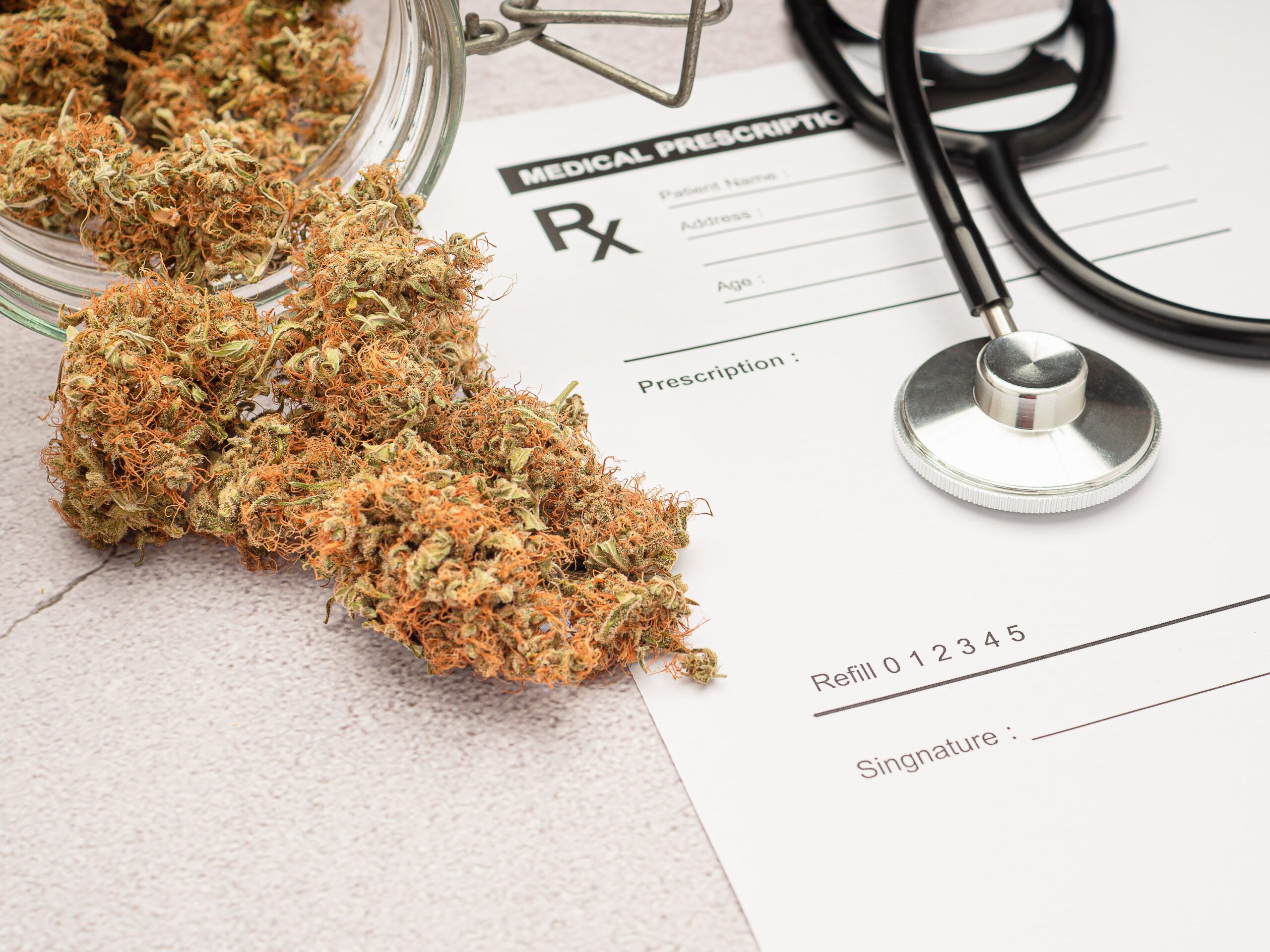
What Forms Does Medical Marijuana Come In?
Medical cannabis, also known as medical marijuana, has garnered significant attention in the healthcare field for its potential benefits in treating various neurological conditions. This article will explore the therapeutic implications of medical cannabis, its benefits for neurological disorders, and the different forms in which it can be administered.

Medical Marijuana in the Treatment of ALS
Amyotrophic lateral sclerosis (ALS), often referred to as Lou Gehrig’s disease, is a devastating neurodegenerative disorder that affects the motor neurons in the brain and spinal cord. As the disease progresses, individuals with ALS experience a gradual loss of muscle control, leading to severe disability and, eventually, paralysis. Currently, there is no cure for ALS, and treatment options are limited. However, in recent years, there has been growing interest in the potential of medical marijuana as a complementary therapy for ALS. In this blog, we’ll explore the current state of research and the potential benefits of medical marijuana for ALS patients.
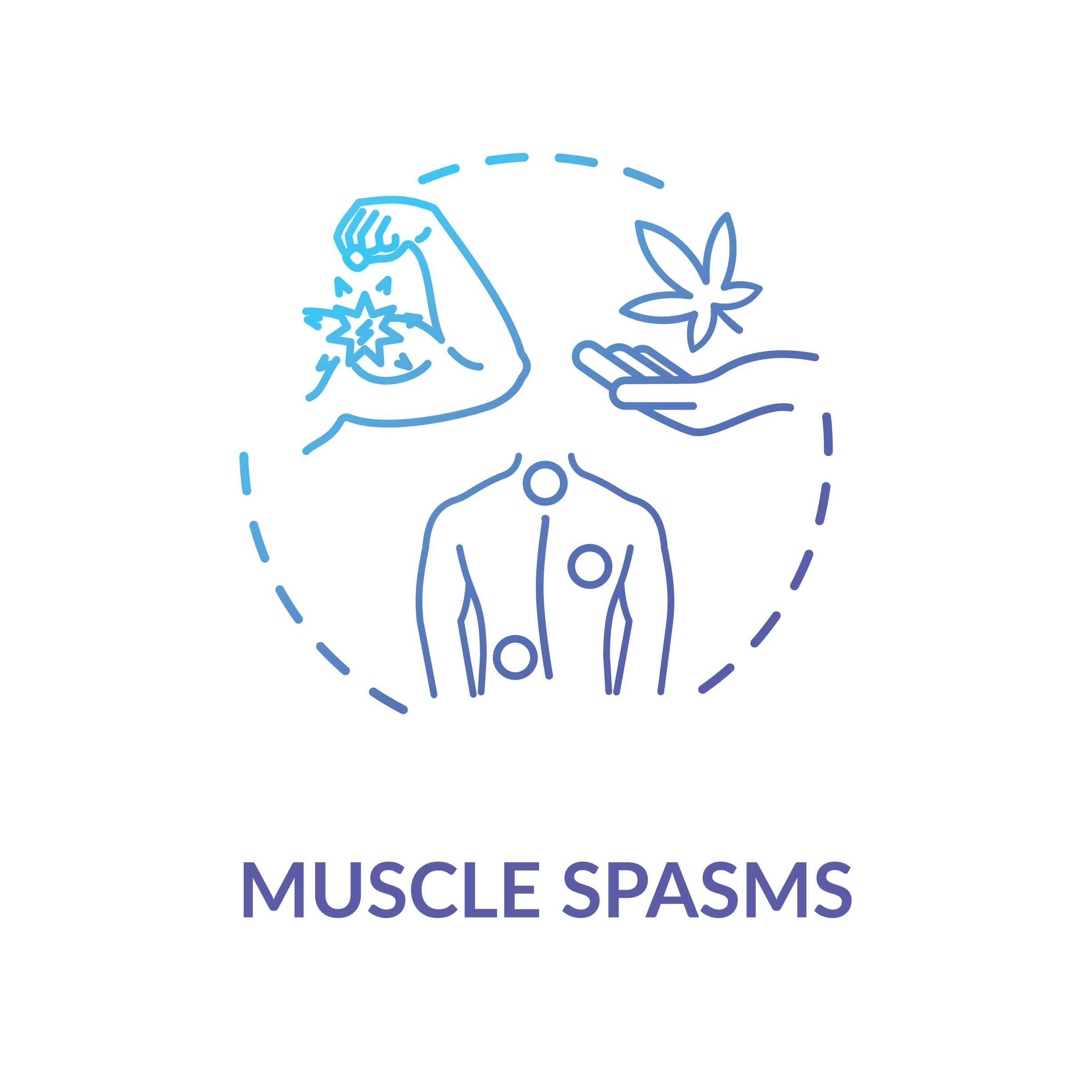
Medical Marijuana for Treating Muscle Spasticity
Muscle spasticity, a common symptom in neurological conditions like Multiple Sclerosis (MS), Muscular Dystrophy, and various other disorders, can be debilitating and adversely affect an individual’s quality of life. Traditional treatments often come with side effects and limited effectiveness. In recent years, medical marijuana has emerged as a promising alternative for managing muscle spasticity. This blog explores the potential benefits of medical marijuana in alleviating muscle spasticity in neurological conditions and sheds light on its growing acceptance in the medical community.

Myopathy vs. Neuromuscular Disorders: What’s the Difference?
Muscles are essential components of our body, responsible for facilitating movement and maintaining posture. When problems arise within the muscle system, it can lead to a range of debilitating conditions. Two common categories of such disorders are myopathy and neuromuscular junction (NMJ) disorders. While both can affect muscle function, they differ in their origins, mechanisms, and clinical manifestations. In this blog, we will explore the similarities and differences between myopathy and neuromuscular junction disorders.



